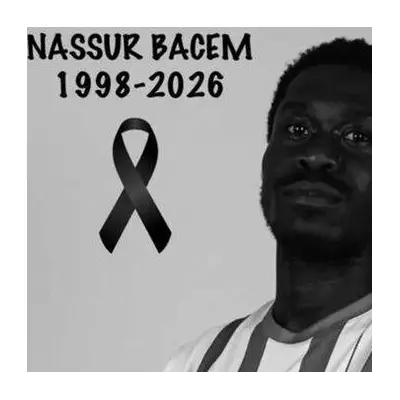
In a sobering courtroom scene that has rocked the baseball world, Los Angeles Angels superstar Mike Trout delivered emotional testimony about the tragic 2019 overdose death of his teammate and friend, Tyler Skaggs.
Superstar's Heartfelt Testimony
The three-time American League MVP appeared in a Texas federal court as part of a wrongful death lawsuit brought by Skaggs' family against the Angels organisation. Trout, visibly emotional throughout his testimony, described Skaggs as "more than a teammate" and revealed the profound impact his death had on the entire clubhouse.
Chilling Details Emerge
During his testimony, Trout acknowledged being aware that Skaggs occasionally used prescription pain medication, but expressed shock at the circumstances surrounding his death. The 30-year-old pitcher was found dead in his hotel room in July 2019 while the team was in Texas to play the Rangers.
"We were all devastated," Trout told the court, his voice trembling. "It's something that stays with you forever."
Organisational Accountability Questioned
The lawsuit centres on allegations that the Angels organisation failed to properly monitor and prevent drug misuse within their clubhouse. Skaggs' family contends that team officials were aware of his struggles but failed to take adequate measures to protect him.
Trout's testimony provided crucial insight into the team's internal dynamics and the accessibility of prescription medications within professional sports environments.
Wider Implications for Baseball
This case has sparked broader conversations about drug use in Major League Baseball and the responsibility teams bear for player welfare. The tragic incident has forced the sport to confront uncomfortable questions about pain management and addiction among athletes.
As the trial continues, baseball fans and organisations alike await a verdict that could reshape how professional sports teams address substance abuse and player health management.





